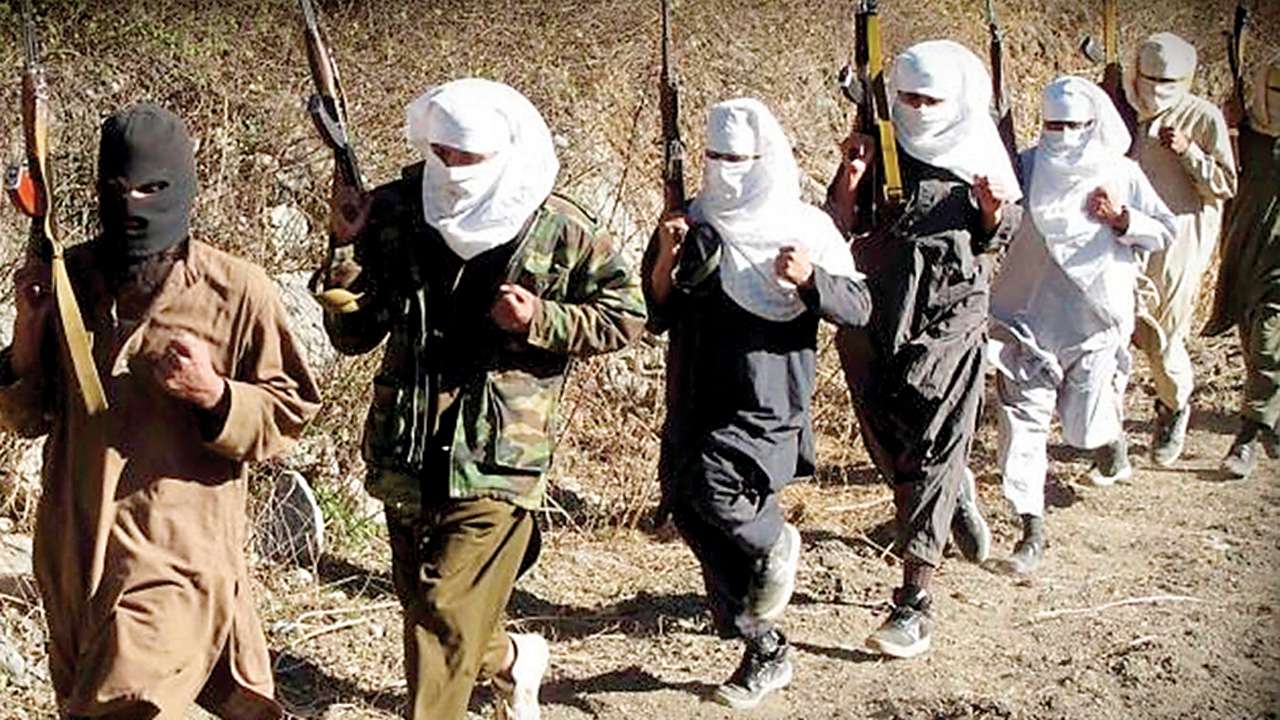
Pakistan’s desperation to engage India in talks is palpable. It is not just geo-strategic compulsions prompting its leadership to restart diplomatic parleys, but that country’s collapsing economy that has triggered this response.
In Bishkek, Kyrgyzstan, on the sidelines of the SCO summit, Pakistan had tried to use Chinese President Xi Jinping to persuade India for holding bilateral talks but Prime Minister Narendra Modi did not budge from the official Indian position of not holding talks until Pakistan dismantles its terrorist infrastructure.
Already, tottering under unprecedented economic crisis, Pakistan cannot afford international sanctions against it. FATF has kept it on its watch list and any terrorist action will weaken its case.
The IAF strike on the Balakot terrorist training camp represents a paradigm shift in the Indian policy of dealing with Pakistan-sponsored terrorism.
Since the creation of Pakistan, that country has been trying to snatch Jammu and Kashmir by all means possible. It sent its armed forces personnel in the garb of tribals in 1947, repeated the act code-named Operation Gibraltar in 1965 followed by a full-fledged war. However, with 1971’s decisive defeat and dismemberment, it changed its policy towards India. Pakistan devised a two-pronged strategy to implement its agenda of breaking India.
Its infamous spy agency ISI started training and arming terrorist outfits to foment trouble in Punjab and Jammu & Kashmir in particular and other states in general.
Simultaneously, it created a nuclear bogey to threaten India. Any talk of a befitting response to Pakistani terrorist activities was met with the Generals and their puppet civilian rulers saying that the nuclear arsenal has not been kept for use in Shab-e-Baraat!
Unfortunately, India’s erstwhile political leadership could not adequately counter Pakistan’s hollow threats. Today, Pakistan masterminding terrorist strikes on Indian soil, using threats of using nuclear blackmail, has changed forever.
When the IAF crossed the LoC and bombed Balakot’s terrorist hub, the message had been delivered loud and clear: the days when the blood of Indian patriots were spilled every now and then, was over; henceforth the response will be befitting.
PM Narendra Modi, in unambiguous terms, told Pakistan that India’s nuclear weapons have not been kept to be used as crackers on Diwali! In all practical terms, the Rubicon had been crossed.
Pakistan is not likely to roll back its terrorist grooming programme. From the Pakistani perspective, covert warfare is the best tool to deal with India.
On a cost-benefit analysis, creating and maintaining jihadis and ultras come at almost no cost. It just needs to provide political support and rest everything is taken care of by the groups themselves.
Ideological training is provided in the religious seminaries or tanzeems, which are funded by raising donations from the public. Billions of Pakistani rupees are raised by these tanzeems and the funds are channelised for training camps and to buy arms.
Finding fidayeen volunteers in Jammu & Kashmir is going to be increasingly difficult for Pakistan’s ISI because of the Modi government’s no-nonsense Kashmir policy.
Saraiki-speaking southern areas of Pakistani Punjab, namely Multan and Jhang are flush with seminaries, which are imparting religious training to indoctrinate the youth.
These areas, historically, have been ideal hunting ground for jihadi tanzeems. Unless there is conscientious check on them, thoughts of reining in terrorist outfits, are a pipedream.
Steps taken by the Pakistani government to show that it is winding up its terrorist infrastructure are cosmetic. The country is in dire economic straits and needs IMF funds. Naturally, it has to portray its clean image to the world.
Given Pakistan’s strategic over-reliance on jihadi terrorism, India should continue with its policy of no-talks until tangible results of winding up of terror infrastructure are visible.
Indian diplomats have left no stone unturned, in the past few years, to internationally isolate Pakistan on the terror front. Today, any talks, however small, will negate diplomatic benefits.
Pakistan has always tried to discuss only Kashmir, whenever bilateral talks have taken place between the two countries in the past. When Jammu & Kashmir is an integral part of this country, what is there to discuss?
If Kashmir is ever discussed in the future - only after Pakistan’s sincerity towards winding up its terrorist agenda is visible - India should only discuss the issue of getting back its territories under Pakistan’s illegal occupation, which have been handed over to China, like Gilgit, Hunza and Baltistan, through which runs the China-Pakistan Economic Corridor.
The author is a businessman, columnist and social activist